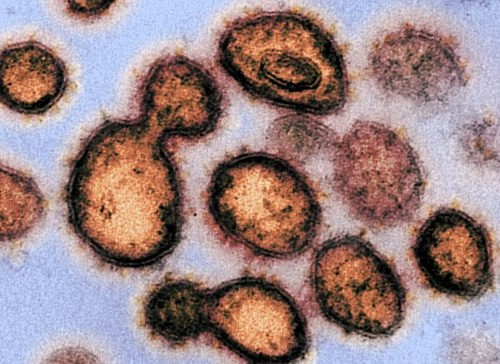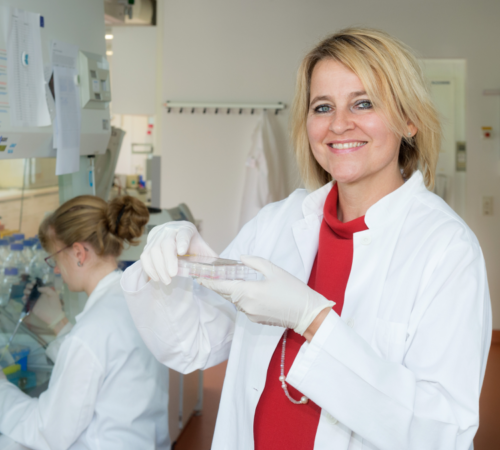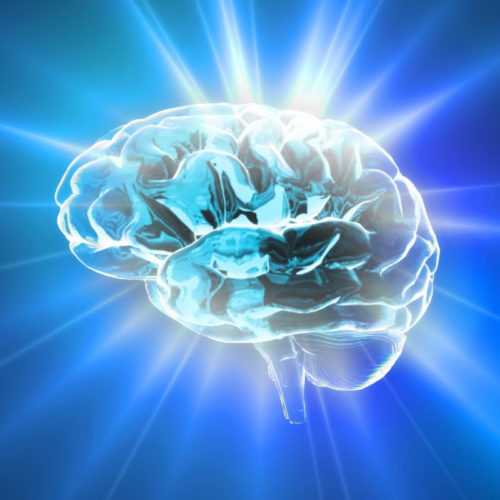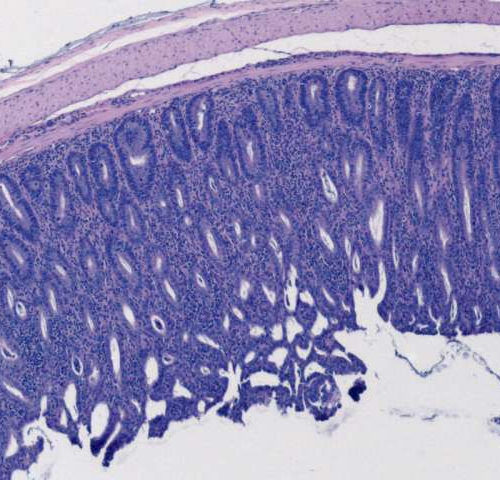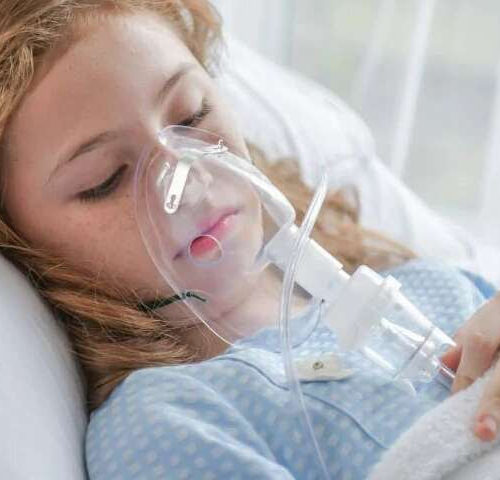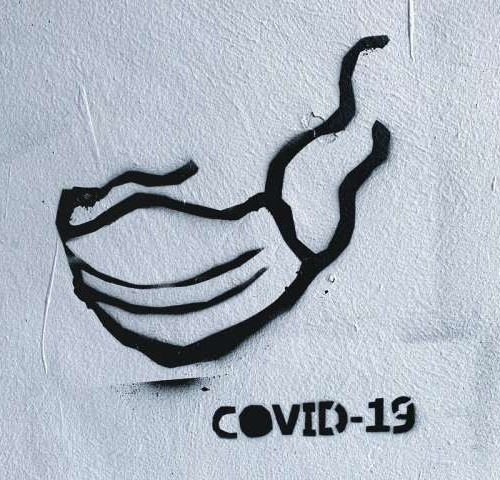Dive Brief: India’s drug regulator has granted an emergency approval to the antibody drug itolizumab to treat the potentially deadly immune response, cytokine release syndrome, that appears to affect some patients hospitalized with acute respiratory distress related to COVID-19. The Drugs Controller General of India cleared the treatment for use after itolizumab, alongside standard of...
Tag: <span>inflammatory</span>
Type 1 interferon deficiency: Biomarker of patients at risk of severe COVID
INSERM (INSTITUT NATIONAL DE LA SANTÉ ET DE LA RECHERCHE MÉDICALE) Approximately 5% of people with Covid-19 progress to a severe or critical form, including the development of severe pneumonia that progresses to acute respiratory distress syndrome. While these forms sometimes occur early in the course of the disease, clinical observations generally describe a two-stage...
Investigating Ketone Bodies as Immunometabolic Countermeasures against Respiratory Viral Infections
Context and Significance Respiratory viral diseases, such as seasonal influenza or COVID-19, are deadly scourges on society. Immunometabolic therapies may be important tools to reduce the burden of death and long-term disability caused by pandemic viruses. Here, we describe the biological effects of ketone bodies, natural metabolites produced during fasting or carbohydrate restriction, that maintain...
How to fight health ‘cures’ online
Anne Borden King had already battled online health misinformation as a parent of a child with autism. Then, as a patient, she was barraged on Facebook by bogus cancer “cure” advertisements after posting about her diagnosis. Borden, a co-founder of the Campaign Against Phony Autism Cures, talked to me about what we and Facebook can...
Ageing research: Low levels of the stress hormone cortisol contribute to ageing
Why do we age? What exactly happens in the body? And: Can something be done about it? These are questions that have occupied science since time immemorial. The pharmacists Alexandra K. Kiemer and Jessica Hoppstädter from the Saarland University have not found a philosophical stone. But: they have uncovered processes in the immune system that...
New light shed on link between Alzheimer’s and liver disease
By Rich Haridy July 06, 2020 New research from the University of South Carolina is uncovering exactly how non-alcoholic fatty liver disease (NAFLD) influences the neurological conditions associated with Alzheimer’s disease. The study describes how a certain protein produced in the liver can travel to the brain and trigger neuroinflammation. Several recent studies have drawn...
A key gene modifies regulatory T cells to fine-tune the immune response
by Salk Institute A histology image showing inflammation in colon epithelium. Weakening of regulatory T cell function induces infiltration of immune cells (small blue dots) into colon epithelium (blue layer) and causes colitis. Credit: Salk Institute The human immune system is a finely-tuned machine, balancing when to release a cellular army to deal with pathogens,...
Common anti-inflammatory drugs can cause more damage than good for runners
Physical exercising is extremely healthy for your body and mind. However, intense exercising is likely to cause some pains and, sometimes, even injuries. Runners often use non-steroidal anti-inflammatories (NSAIDs) to ease post-exercise aches, pains or injuries, but scientists from the Queen Mary’s University London and the University of Birmingham say that this might be a...
Neurological symptoms described in children with COVID-19
Children with COVID-19 may present with new neurological symptoms involving the central and peripheral nervous systems, and splenial changes on imaging, according to a study published online July 1 in JAMA Neurology. Omar Abdel-Mannan, M.D., from Great Ormond Street Hospital for Children in London, and colleagues reported neurological manifestations of children with COVID-19 in a...
Blood test at COVID-19 diagnosis can predict disease severity, study finds
by University of Virginia Doctors can examine COVID-19 patients’ blood to identify those at greatest risk of severe illness and to pinpoint those most likely to need a ventilator, new research from the University of Virginia School of Medicine suggests. The discovery could lead to new treatments to prevent deadly “cytokine storms” seen in severe...

